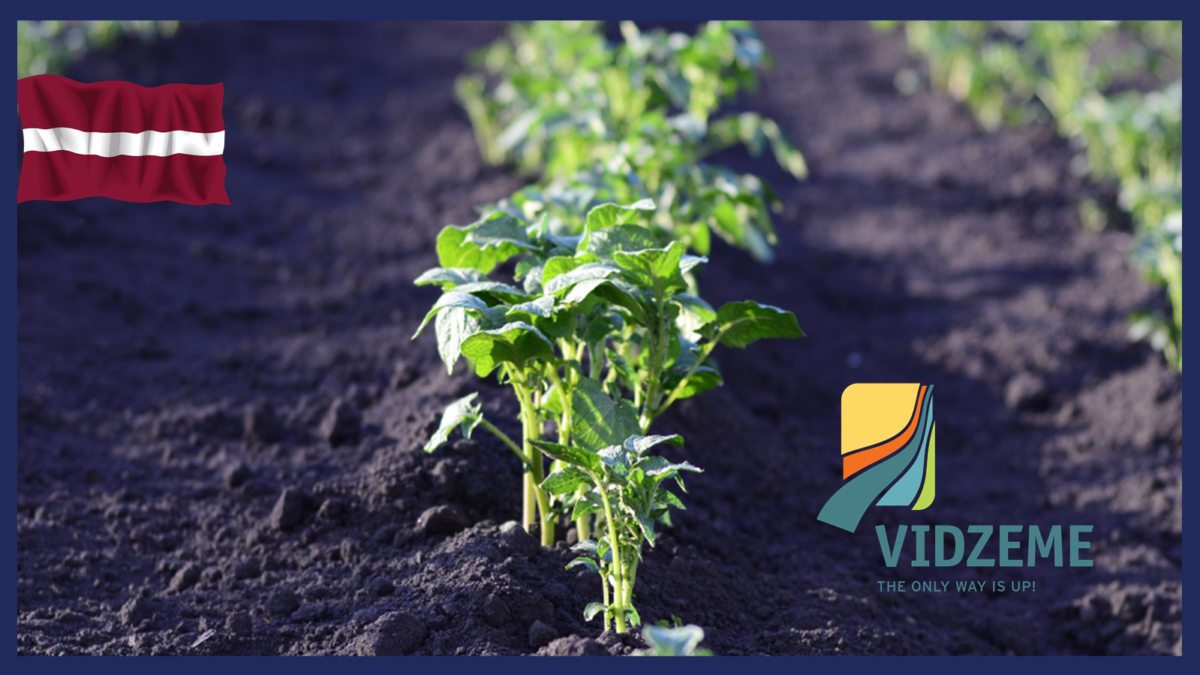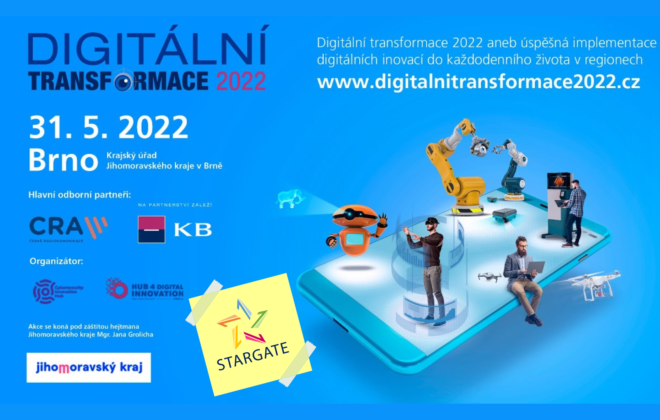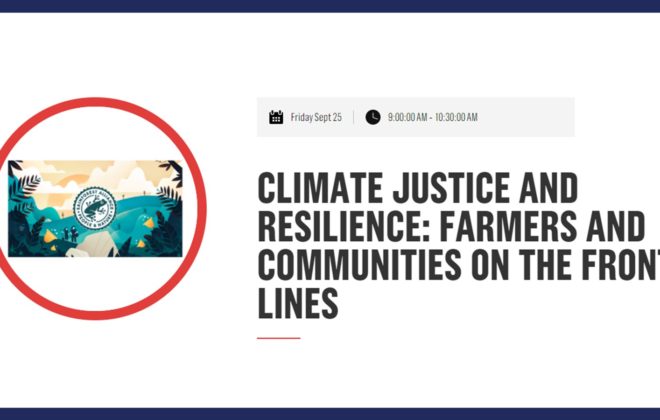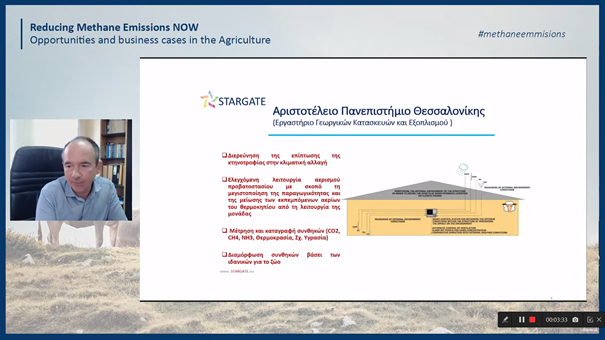The role of data in the development of new digital solutions: seminar for potato growers in Latvia
At the end of March 2021, 40 potato growers from Vidzeme and other regions, representatives of scientific and support organizations from all over Latvia gathered in an online seminar-discussion on the challenges and solutions for the introduction of smart agriculture.
Potato growers agreed that the biggest challenge for successful crop production is changing and unpredictable weather conditions, as well as the specifics of crop development – little can be done if potatoes, for example, show late blight over time. According to local potato growers, there are various weather forecasting programs on the international market, but experience to date has shown that they are very inaccurate and can therefore be improved.
Invited foreign lecturers from the Czech Center for Science and Society reminded that the data are important in potato growing and the greatest effect is expected if the weather forecast is combined with the data obtained from field measurements. Foreign experts pointed out that it was important for the data to be mutually compatible.
One of the issues discussed by the participants was field irrigation, which is not yet popular in Latvia – the installation of an irrigation system requires resources, as well as the fact that water for irrigation must be stored, because potatoes must not be irrigated with cold water. One of the alternatives to avoid cold groundwater is rainwater storage, a solution used abroad, in particular in Spain.
During the discussions, the participants also discussed the potential of various technological solutions in Latvian potato fields, as their size in Latvia are relatively small, so they are still physically inspected using relatively traditional methods to determine soil moisture or potato leaf health. However, recognizing the potential of technology and digitalisation, potato growers felt that it would be very useful if technology could help predict yields or potato starch levels for a given field, which would be a direction for science and research institutions to work on.
Within the framework of the STARGATE project, Vidzeme University of Applied Sciences is developing and testing a technological tool that would improve the resilience of the agricultural system to changing weather conditions. Data-based modeling is needed to develop reliable forecasts. Scientifically based results will be obtained during the project. It is important to transform, publish and demonstrate them to stakeholders, farmers, researchers, scientists. A notepad and pencil, as well as visual observations, are still the main tools and methods for data collection in many places. Data from various sensors, publicly available data or commercial services are also used. The task of Vidzeme University of Applied Sciences is to analyze, systematize and summarize the information in the unified data structure, as well as to connect it with the model and modeling results.
The university team is working on new solutions for using sensor and remote sensing technology data to determine yield forecasts. One of them is the use of unmanned aerial vehicles (commonly known as a drone). Large amounts of data are already being obtained from drone flights. However, there is still a relatively early stage of research on what to do with the data and how to use them effectively.





